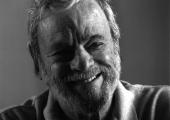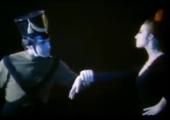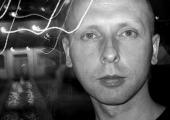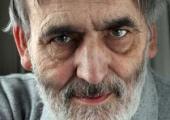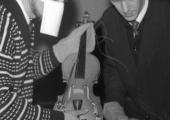Lou Reed's Metal Machine Trio are back in the UK
With Lou Reed’s Metal Machine Trio landing on these shores this weekend, I found myself remembering one of the most memorable listening experiences of my life; the first time I heard Reed’s 1975 album
Metal Machine Music. How do you get your bearings in music that comes at you like amplified tinnitus, neither anchored by rhythm nor pulled into focus by vocals?
Metal Machine Music is the authority that you must either surrender to, or flee the room from. Back in the Eighties, a friend of mine would listen to it almost ritualistically, so I felt obliged to approach it with similar reverence. And so on that occasion I did surrender to its blanket bombing of screeches and screams, its breadth and its sprawl, its majestic ineluctable presence, and enjoyed every minute of it.
